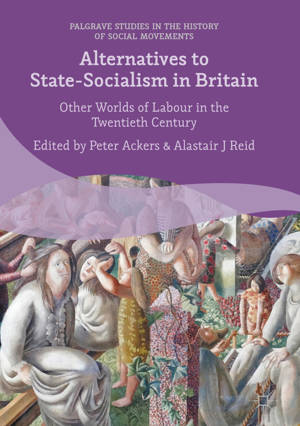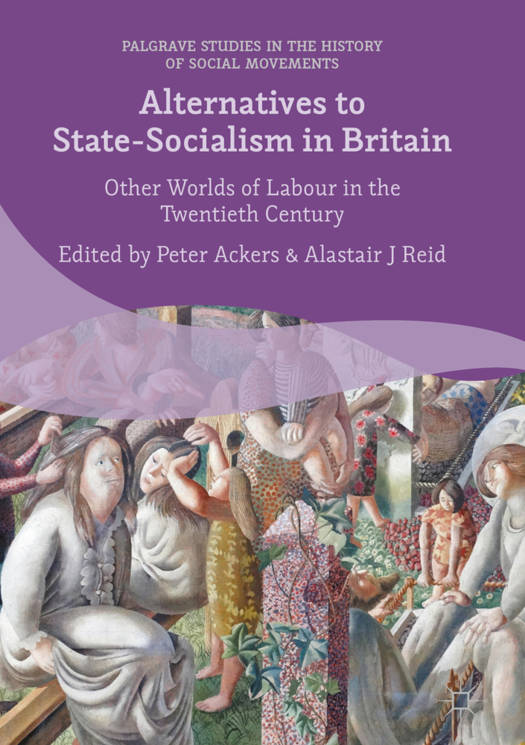
- Afhalen na 1 uur in een winkel met voorraad
- Gratis thuislevering in België vanaf € 30
- Ruim aanbod met 7 miljoen producten
- Afhalen na 1 uur in een winkel met voorraad
- Gratis thuislevering in België vanaf € 30
- Ruim aanbod met 7 miljoen producten
Zoeken
Alternatives to State-Socialism in Britain
Other Worlds of Labour in the Twentieth Century
€ 105,45
+ 210 punten
Omschrijving
This book poses a major revisionist challenge to 20th century British labour history, aiming to look beyond the Marxist and Fabian exclusion of working class experience, notably religion and self-help, in order to exaggerate 'labour movement' class cohesion. Instead of a 'forward march' to secular state-socialism, the research presented here is devoted to a rich diversity of social movements and ideas. In this collection of essays, the editors establish the liberal-pluralist tradition, with the following chapters covering three distinct sections. Part One, 'Other Forms of Association' covers subjects such as trade unions, the Co-operative Party, women's community activism and Protestant Nonconformity. Part Two, 'Other Leaders', covers employer Edward Cadbury; Trades Union Congress leader Walter Citrine; and the electricians' leader, Frank Chapple. Part Three, 'Other Intellectuals', considers G.D.H. Cole, Michael Young and left libertarianism by Stuart White. Readers interested in the British Labour movement will find this an invaluable resource.
Specificaties
Betrokkenen
- Uitgeverij:
Inhoud
- Aantal bladzijden:
- 354
- Taal:
- Engels
- Reeks:
Eigenschappen
- Productcode (EAN):
- 9783319341613
- Verschijningsdatum:
- 16/12/2016
- Uitvoering:
- Hardcover
- Formaat:
- Genaaid
- Afmetingen:
- 152 mm x 211 mm
- Gewicht:
- 793 g

Alleen bij Standaard Boekhandel
+ 210 punten op je klantenkaart van Standaard Boekhandel
Beoordelingen
We publiceren alleen reviews die voldoen aan de voorwaarden voor reviews. Bekijk onze voorwaarden voor reviews.










